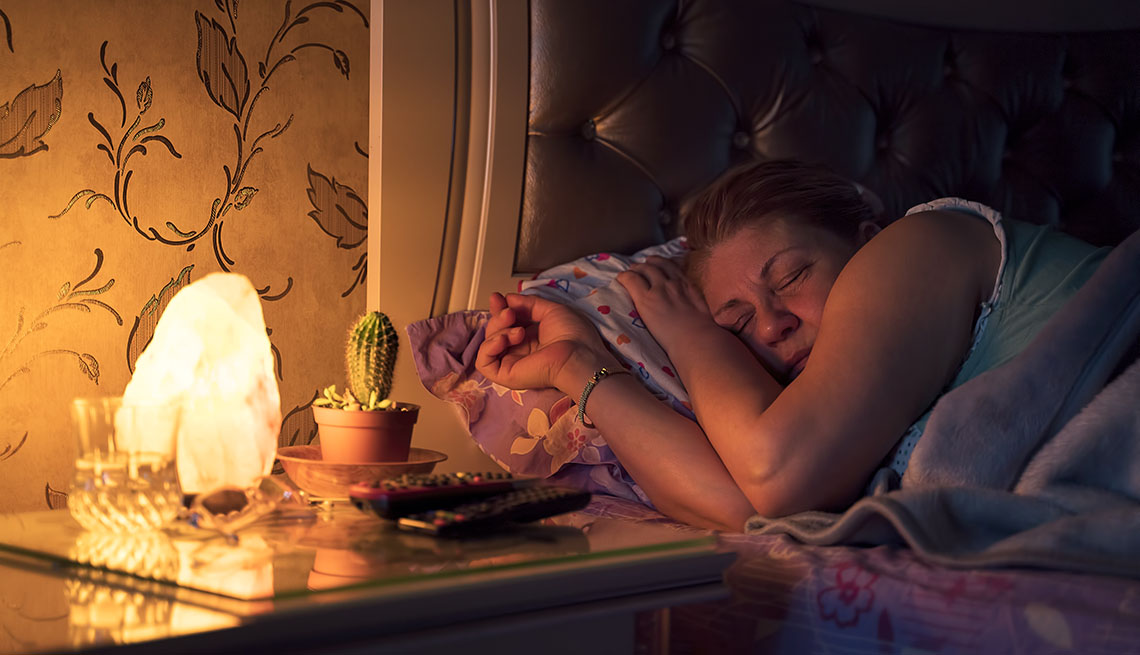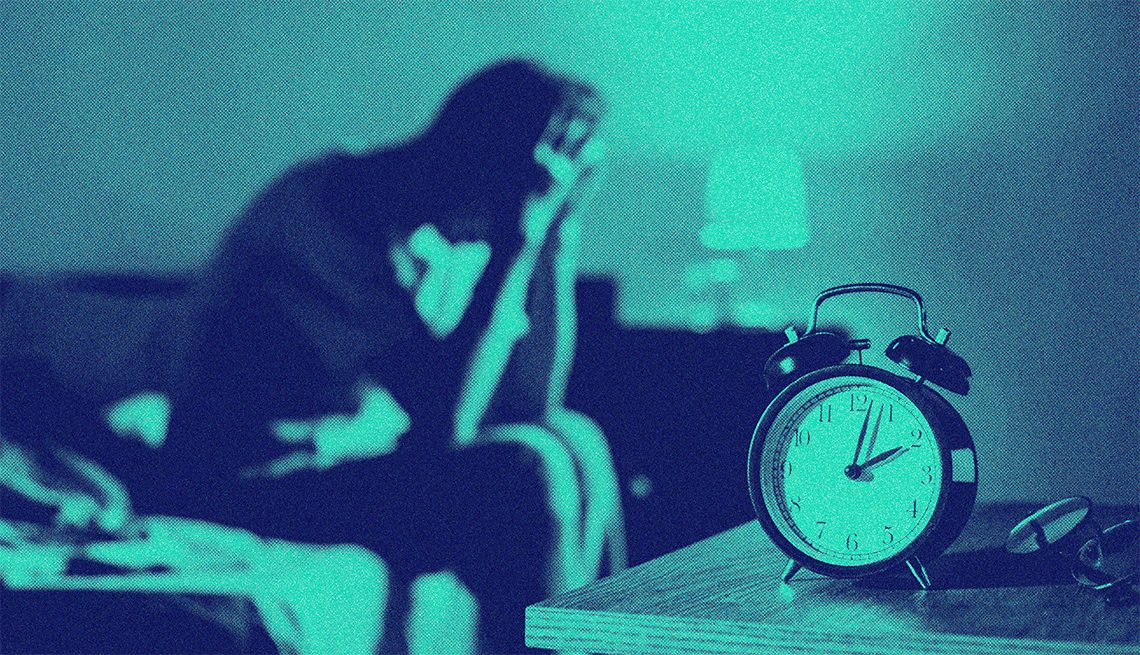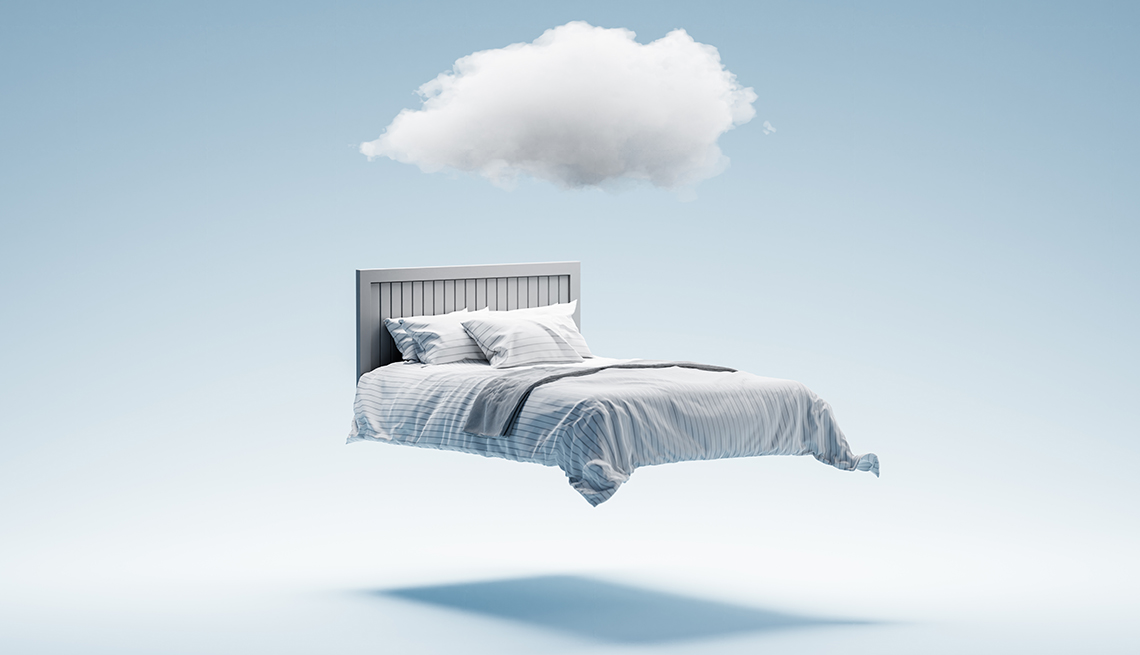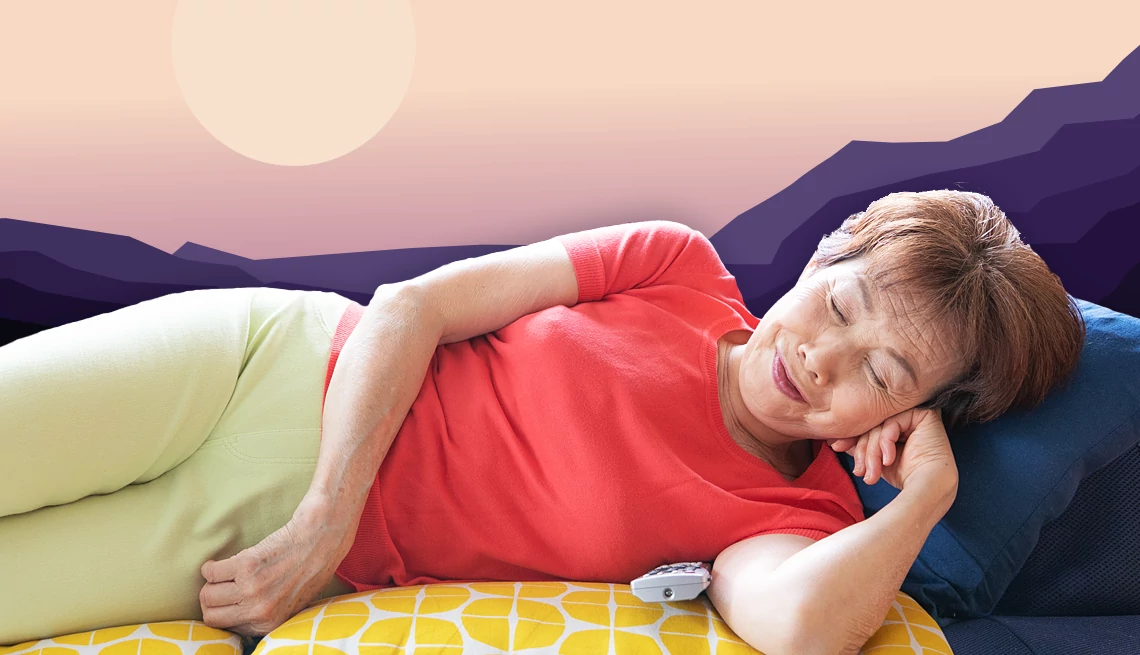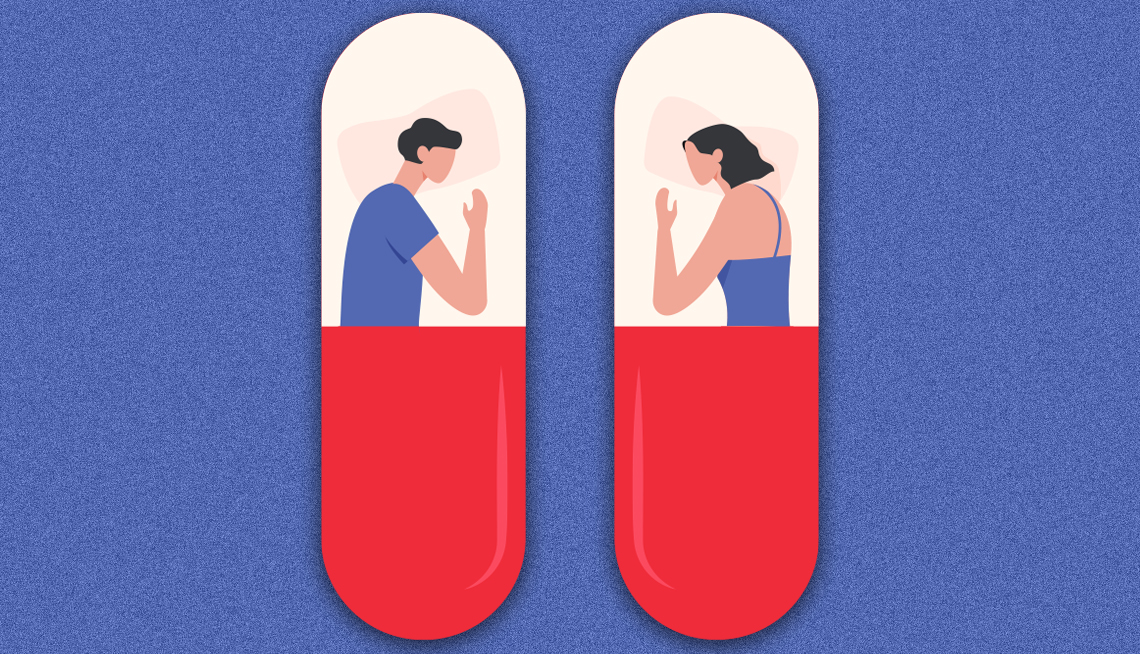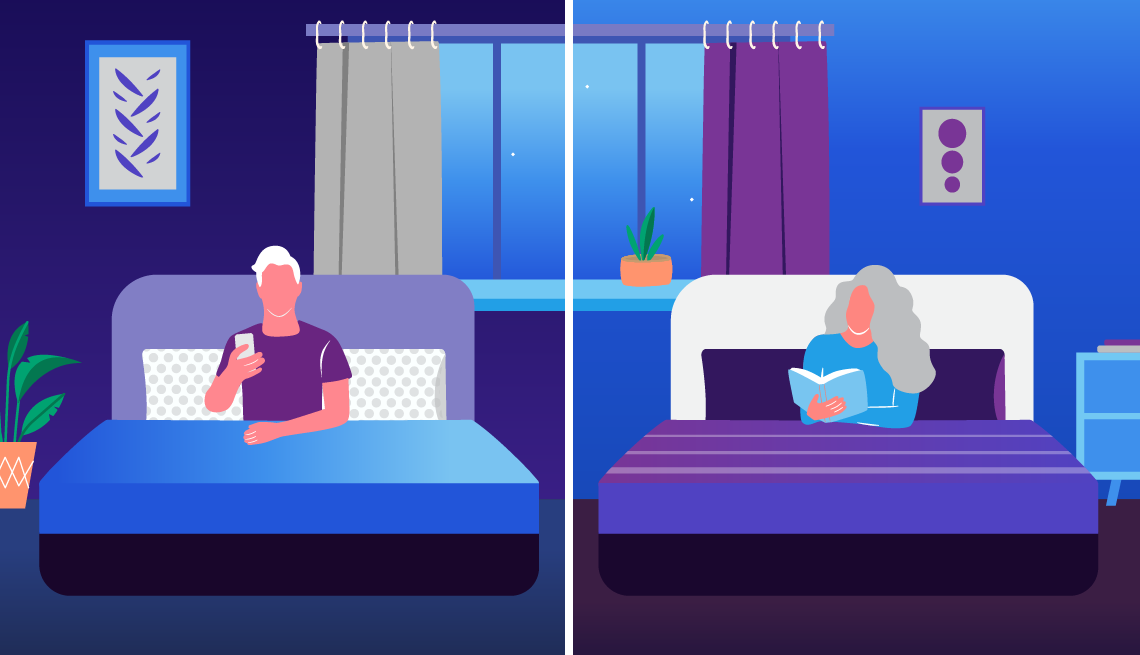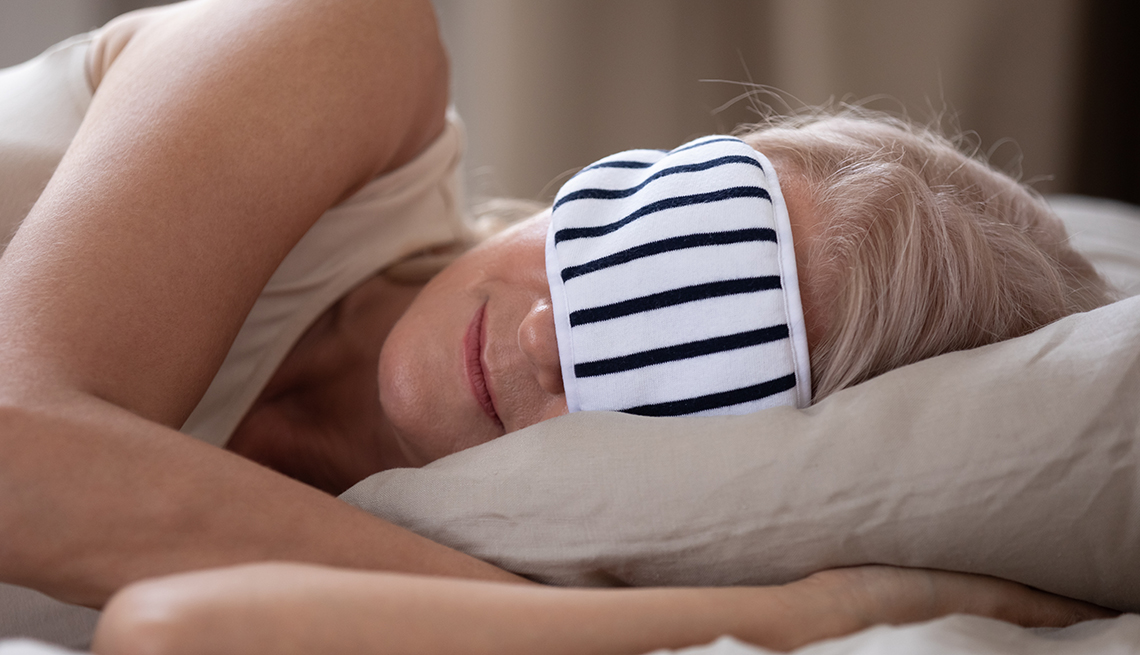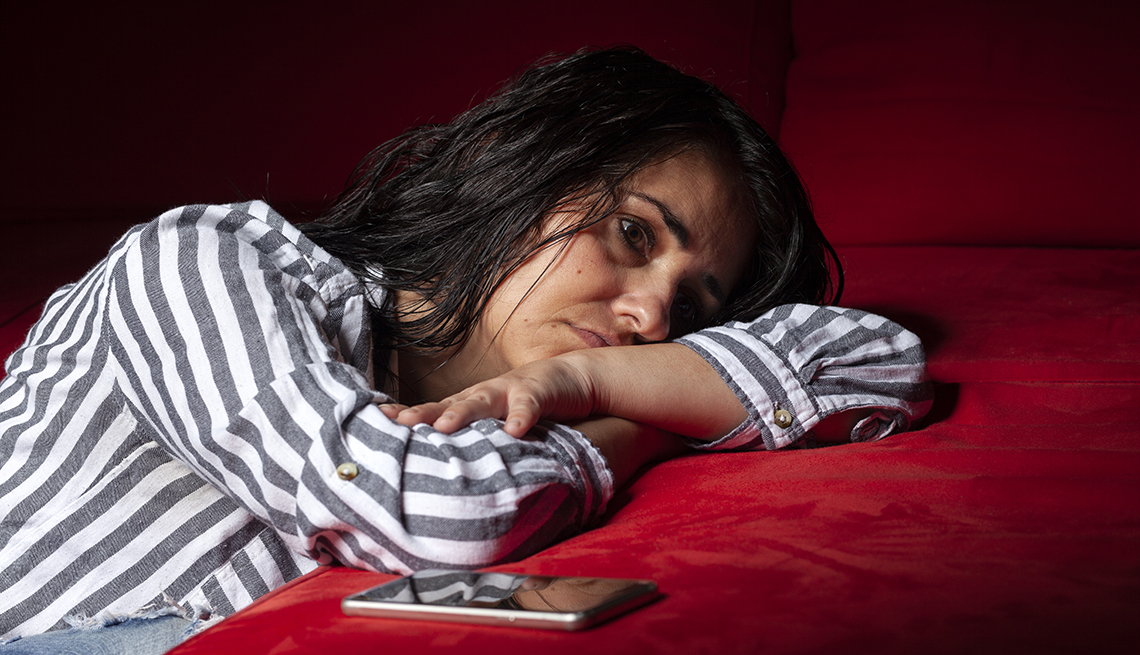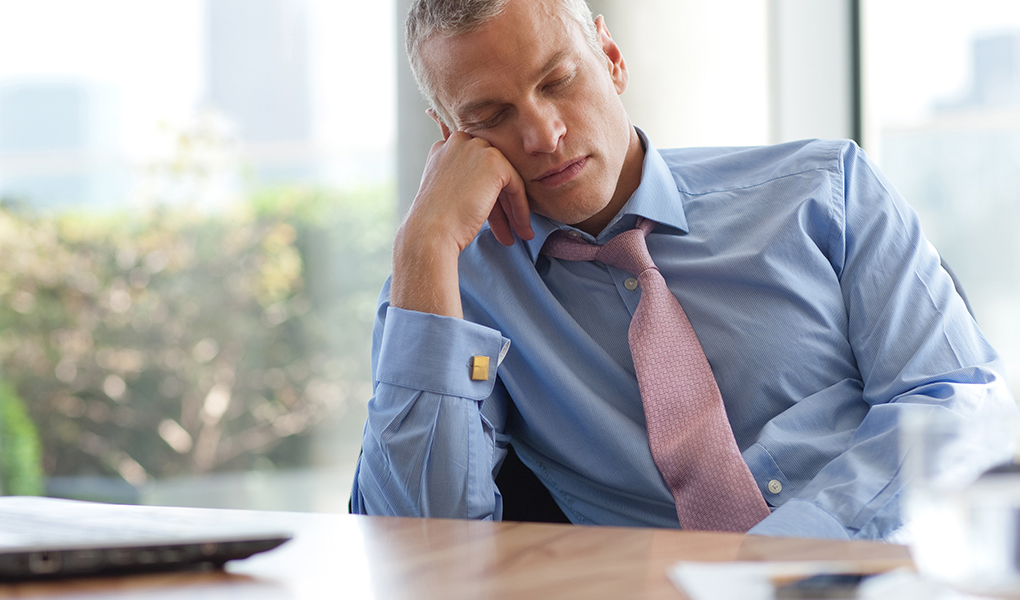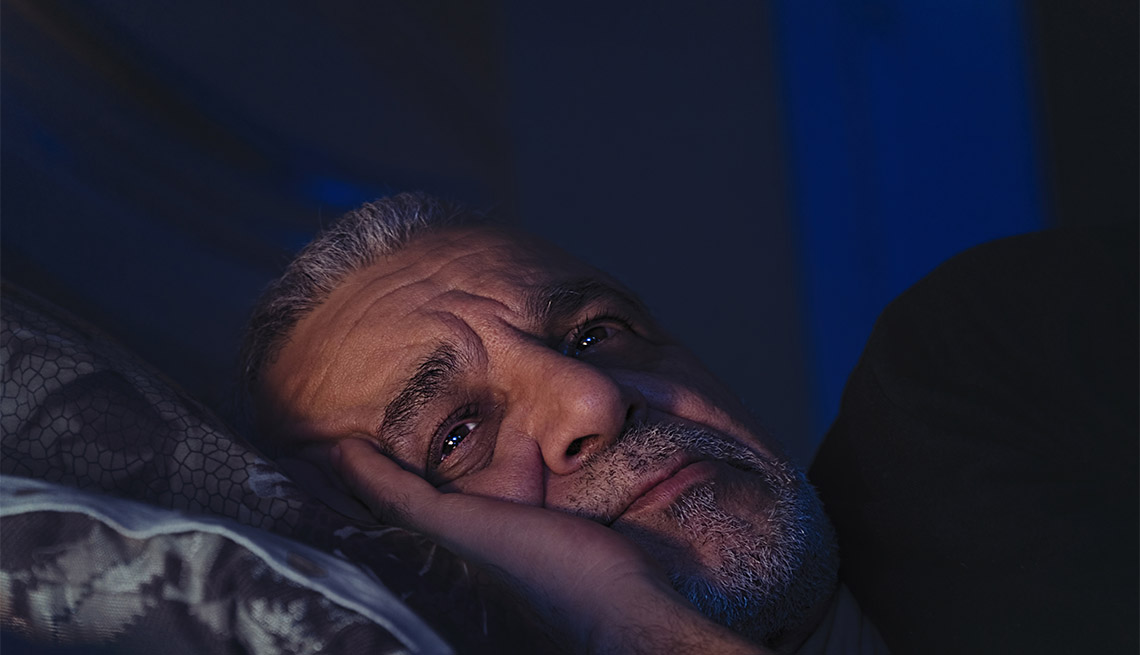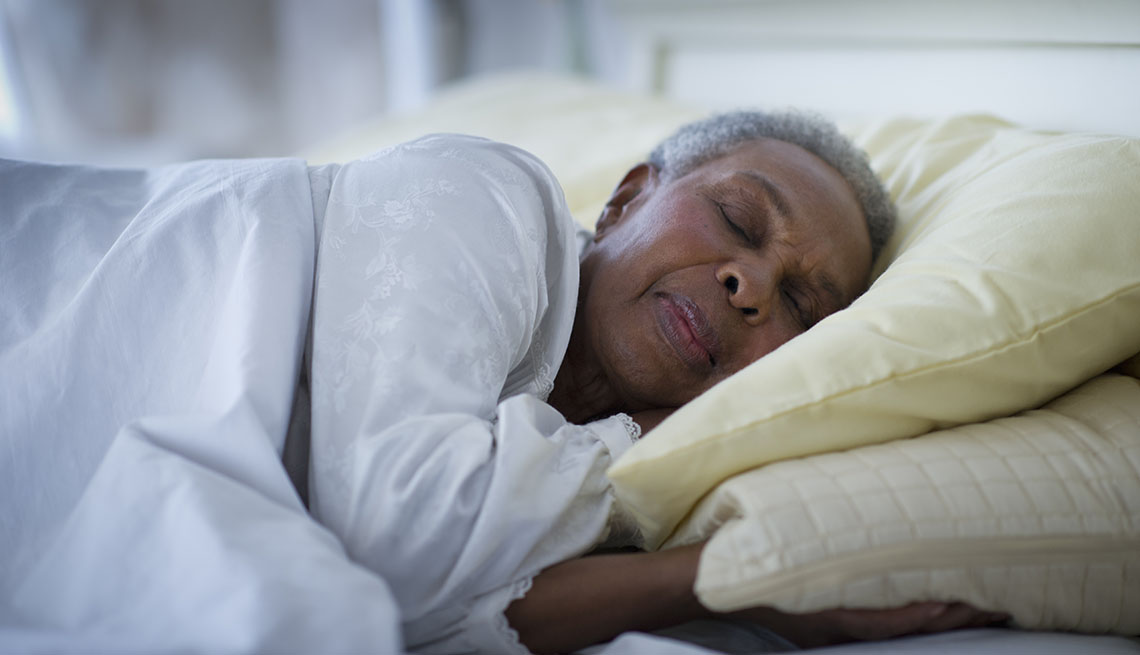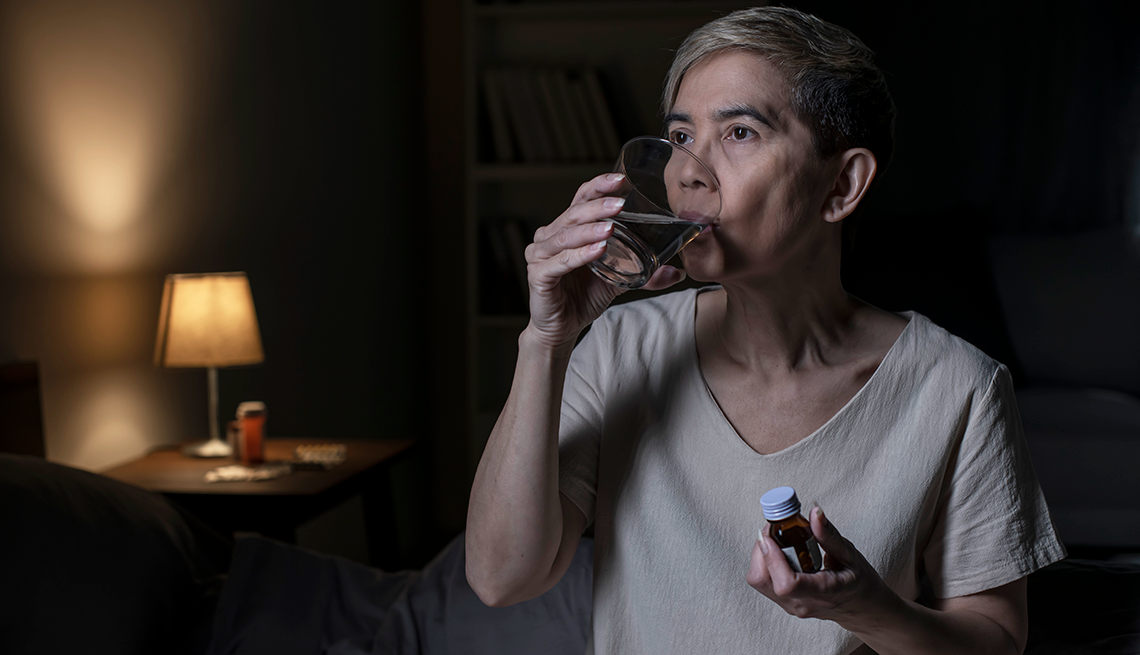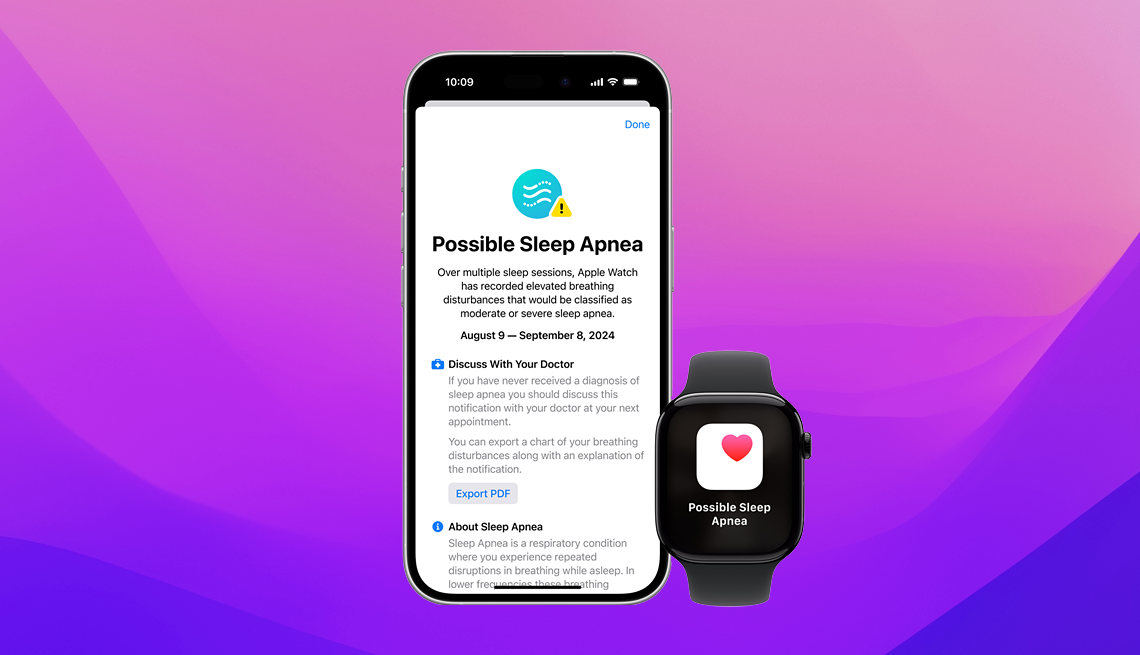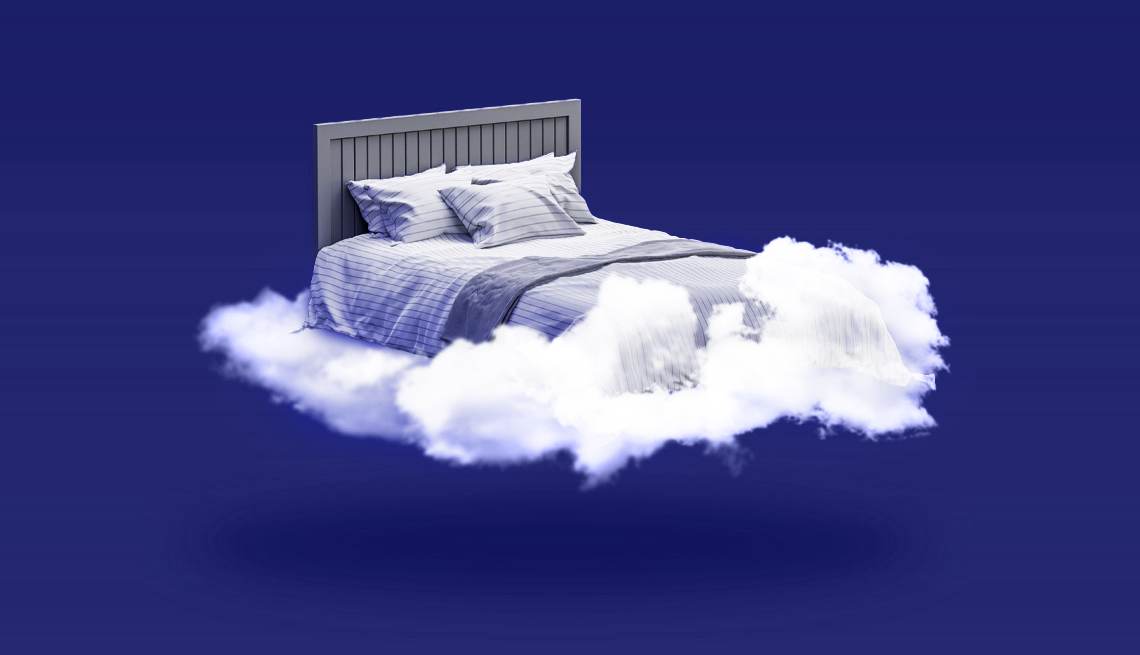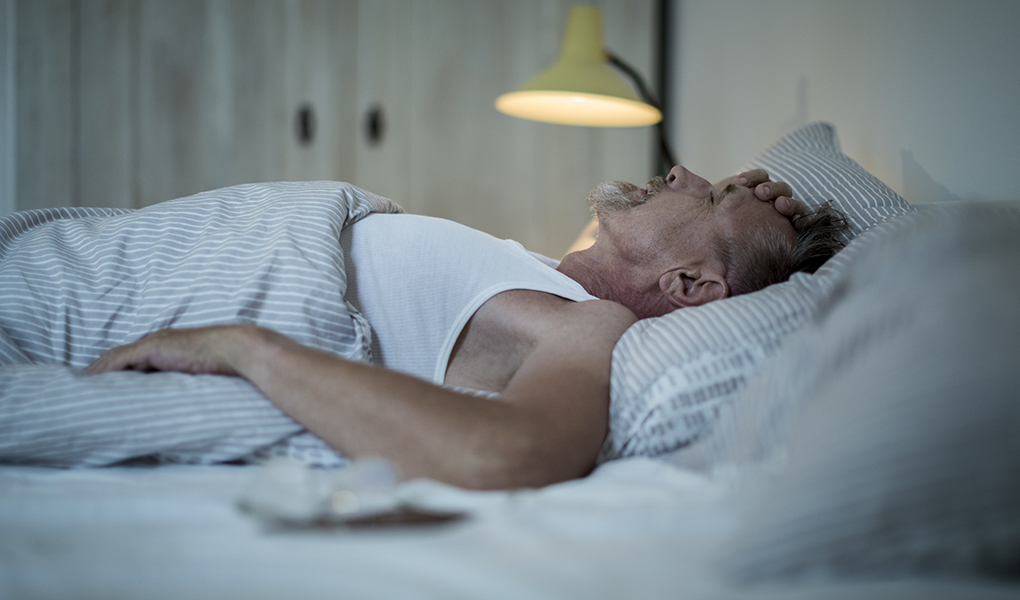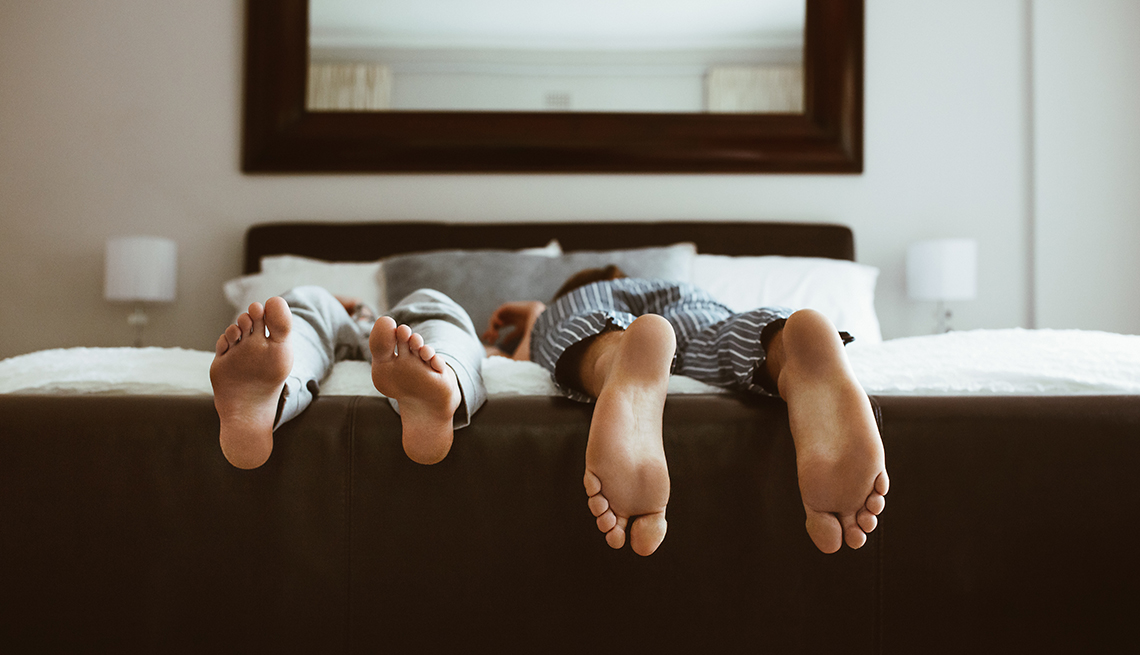AARP Hearing Center
The share of adults who use medication to help them sleep at night is on the rise, the latest national numbers show, and more adults 65 and older are taking pills at bedtime than those 64 and younger.
A new report from the Centers for Disease Control and Prevention (CDC) found that in 2020, 8.4 percent of adults regularly took prescription or over-the-counter sleep medication to help them fall or stay asleep, up from 4 percent about a decade ago. When it comes to those 65 and older, 12 percent regularly took something to help get shuteye.
“Frankly, the news is really not surprising to those of us working in sleep medicine,” says Robert Satriale, M.D., a clinical adjunct professor and sleep medicine specialist at Temple Health in Philadelphia.
Studies show about 1 in 3 adults don’t get enough sleep (about 7 hours a night for adults 50 and older, Satriale says) on a regular basis, and an estimated 50 million to 70 million Americans have chronic sleep disorders. “And these patients are often in the older age groups,” says Satriale, who explains that sleep quality tends to decline with age.
It’s no surprise, then, that older adults are more likely to turn to medications for an assist. But there are a few things you need to know before you do.
1. Medications can come with dangerous side effects
Newer sleep medications like zolpidem (Ambien) and eszopiclone (Lunesta) have a “somewhat safer” profile than older drugs prescribed for sleep troubles, says K. Ashley Garling-Nañez, clinical assistant professor at the University of Texas at Austin College of Pharmacy. Still, “anything that’s going to be sedating or make you sleepy is going to put you at risk for dizziness, falls, that sort of thing,” Garling-Nañez says.




























































